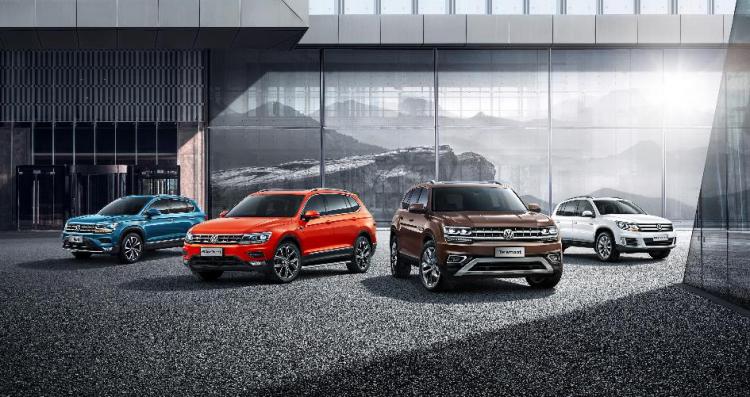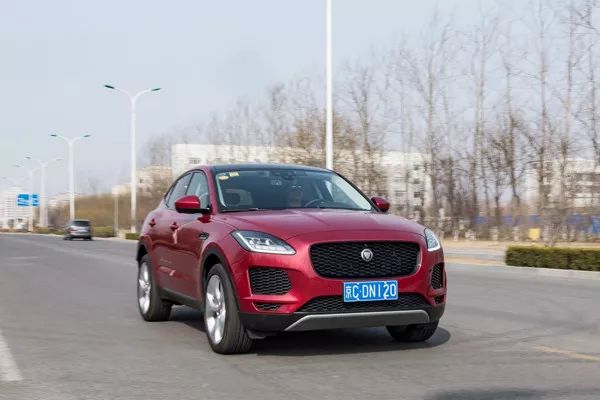As a pioneer in the field of electric vehicles, the BMW Group made its world premiere at the 2019 Frankfurt Motor Show, the BMW i Hydrogen NEXT hydrogen fuel cell concept car, demonstrating the BMW Group’s leadership in the field of future mobility and has made sufficient preparations. BMW believes that there is currently no single solution that can meet the all-round travel needs of global customers. In the future, different drive systems will coexist, and hydrogen fuel cell vehicles are an important supplement to electric drive systems. The BMW Group will provide customers with rich and diverse electric drive technologies: including plug-in hybrid systems, pure electric drive systems, and hydrogen fuel cell vehicles that will be realized in the future, demonstrating BMW’s strategic drive to promote zero-emission travel in the future determination.
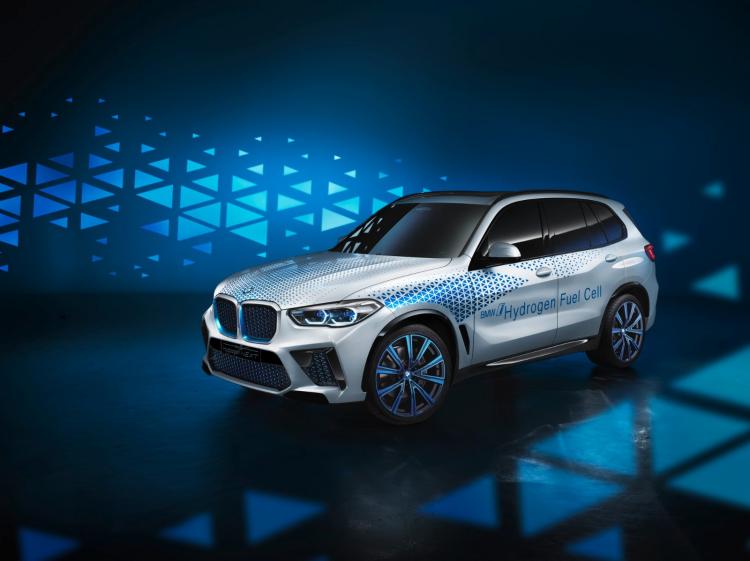
In 2022, the BMW Group plans to mass-produce the next-generation hydrogen fuel cell electric drive system based on the BMW X5 in small batches. The BMW i Hydrogen NEXT hydrogen fuel cell concept car initially showed the prototype of this hydrogen fuel cell vehicle. The BMW Group will begin to provide fuel cell vehicles to customers as early as 2025, and the specific time to market will mainly depend on market demand and overall market conditions.
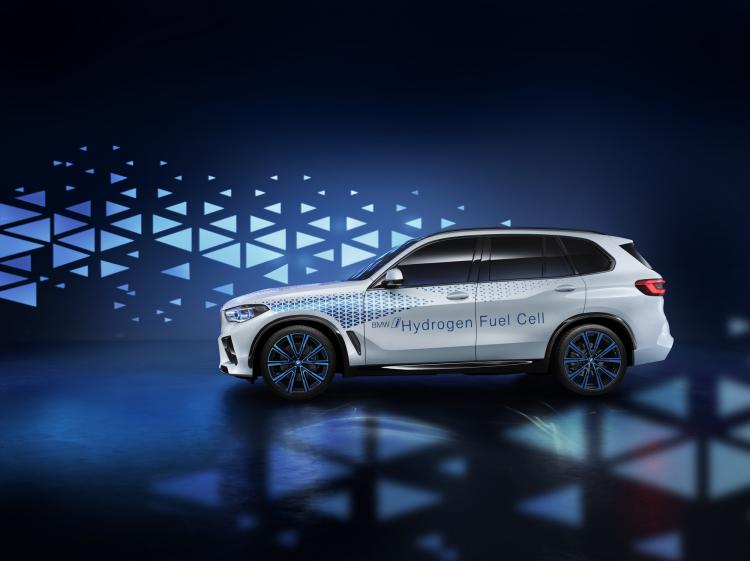
Innovative design leads the forward-looking trend
The BMW i Hydrogen NEXT hydrogen fuel cell concept car proves that hydrogen fuel cell technology can be effectively integrated into a sports utility vehicle such as the BMW X5. Through the adjustment and modification of the body design, a unique BMW i family model has been formed. As the incubator of all new technologies of the BMW Group, the BMW i family has always been a pioneer in innovative technologies.
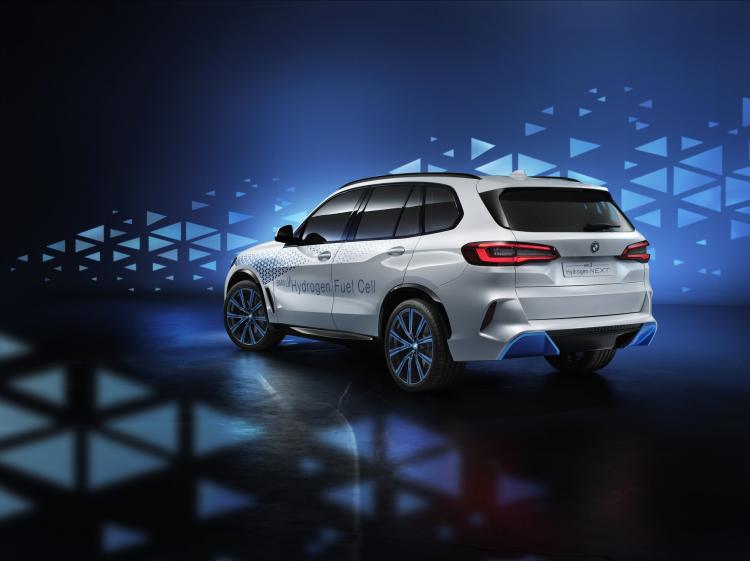
At the front of the body, the most prominent design adjustment is the unique BMW i blue shape on the engine cover, highlighting the family identity. This styling is repeated in 3D at the air intakes. Its special shape and mineral white body color together create a dynamic line from the front face to the side, and the details on the light alloy wheels further demonstrate the car’s BMW i family genes.
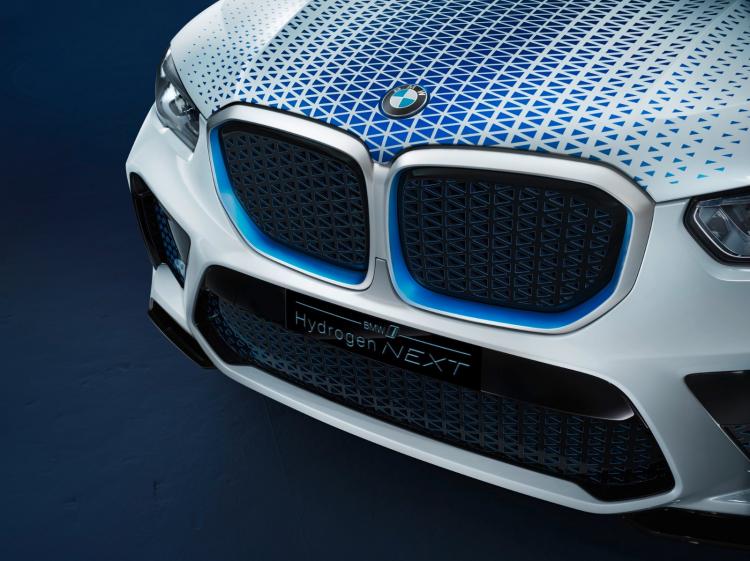
This BMW i family gene continues to the rear of the car, especially the blue diffuser part at the rear, which also emphasizes the innovative character of this hydrogen fuel cell concept car. There is no exhaust pipe at the rear, which more clearly shows its zero-emission drive system.

Strategic Foresight Insight into Strong Market Potential
Fuel cell vehicles can achieve zero-emission mobility, and at the same time have similar characteristics to traditional internal combustion engine vehicles: refueling time is less than 4 minutes, long-distance mileage, the same comfort and traction, and less affected by climate conditions, This means that customers can enjoy a long electric driving range in both summer and winter. Of course, these require a corresponding hydrogen fuel supply infrastructure. This supply infrastructure is still in the early stages of development in most countries.
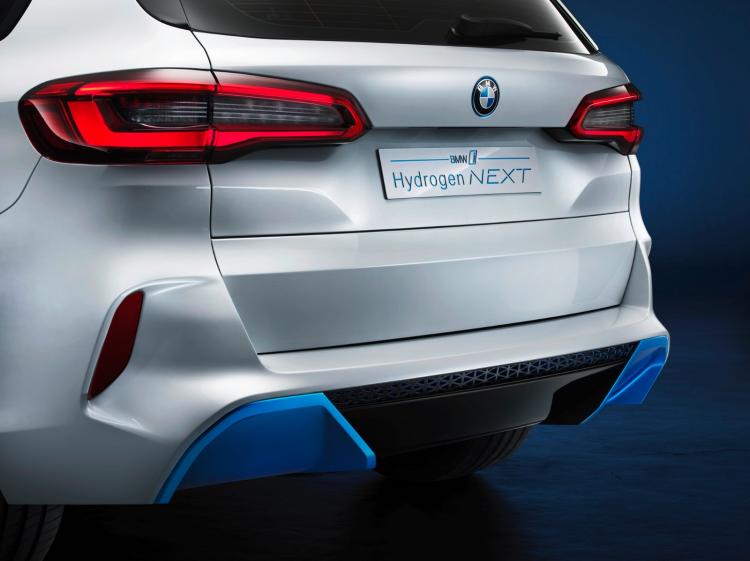
Join hands with Toyota to promote future zero-emission mobility
The BMW Group has earlier demonstrated that this technology is suitable for everyday use. In 2013, BMW Group and Toyota Motor Corporation began to jointly develop the drive system of hydrogen fuel cell technology. Since the summer of 2015, the BMW Group’s research and development department has been testing the hydrogen drive system jointly developed with Toyota on the BMW 5 Series GT hydrogen fuel cell fleet.

In 2016, the two companies signed a product development cooperation agreement. Since then, BMW and Toyota have been working on the development of fuel cell drive systems for future mobility and scalable modular components for hydrogen fuel cell vehicles. The cooperation with Toyota demonstrates that the BMW Group is stepping up its development of alternative fuel-fuel drive technologies in order to achieve completely emission-free driving. Both parties have full confidence in fuel cell technology and will continue to work together to further develop fuel cell technology as global infrastructure and markets develop.
In January 2017, BMW Group and Toyota Motor cooperated with 11 companies from the world’s leading industries and energy sectors to establish the International Hydrogen Energy Council. The committee is committed to establishing a unified vision and advancing the transformation and long-term development of hydrogen fuel energy worldwide. As of June 2019, the members of the Hydrogen Energy Committee have grown to 60 companies.


